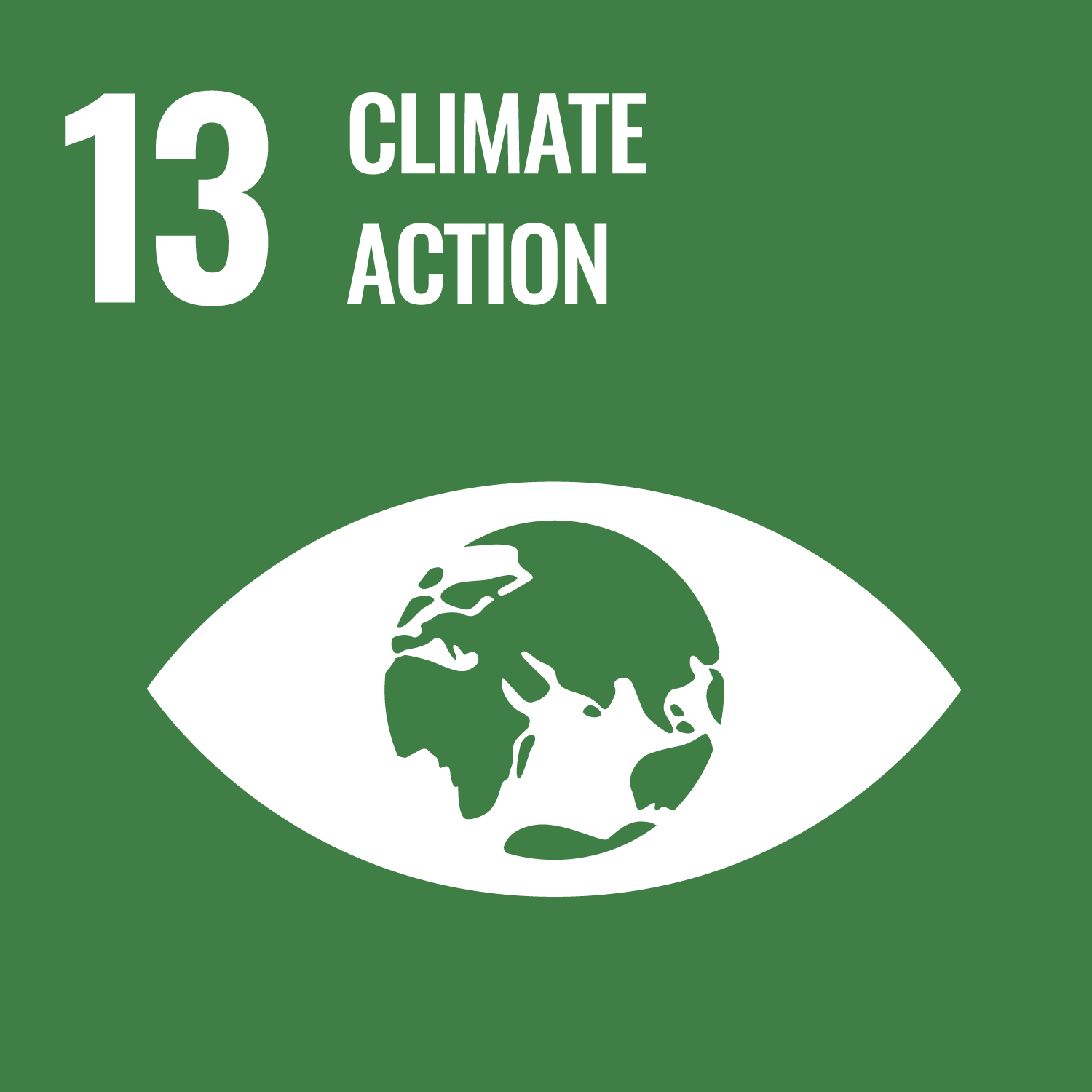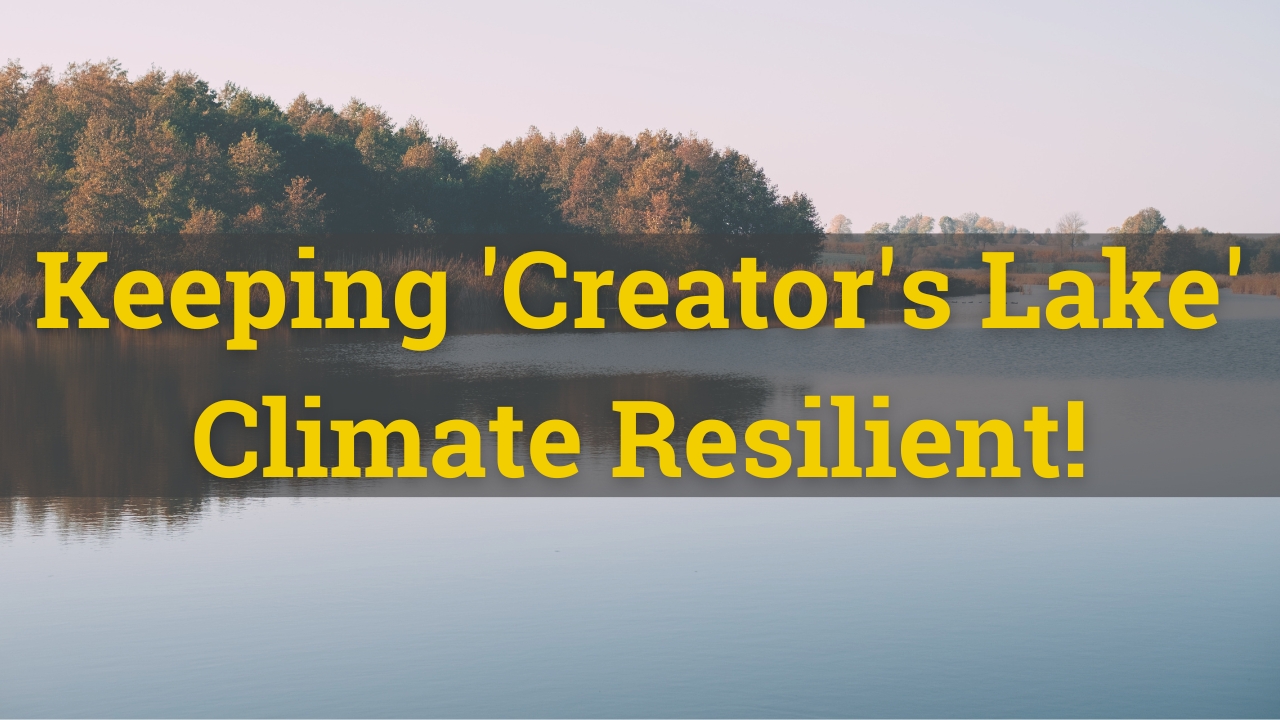Key Stats
1,590 of 3,140,826 GJ of annual energy needs provided by low-carbon sources (2019)
research impact
For the period 2018-2022
№ relevant publications: 4,001
№ times cited: 59,032
Source: InCites
sample Courses
- CHEM 303 - Environmental Chemistry I
- EAS 373 - The Climate System
- EAS 457 - Global Change
- REN R 466 - Climate Change and the North
- HGP 452 - Human Dimensions of Environmental Change
VIDEOS
Institutional Stewardship Initiatives
Energy Transition Leadership Network
The Energy Transition Leadership Network is a group of more than 100 leaders who work in the commercial, industrial, non-profit, educational and institutional sectors. They represent organizations who are passionate about the City of Edmonton's energy transition strategy, with members working together to turn ideas into action. The U of A is represented by members of the Sustainability Council and Energy Management & Sustainable Operations.
Greenhouse gas emissions reduction plan
In 2014, the university set a goal to reduce emissions 17 percent below 2005 levels by the year 2020, matching the Government of Canada's goal set under the Copenhagen Accord. As a globally recognized leader in post-secondary education and research, and a leader in sustainability, the University of Alberta plans to align future reductions plans with changing government commitments.
Research institutes, centres & projects
Future Energy Systems
Future Energy Systems is a $75 million tri-agency funded research group that develops the energy technologies of the near future; examines the integration of these technologies into current infrastructure; and considers the social, economic and environmental impacts of energy innovations. Their renewable energy research includes innovations in biomass, hydrogen fuel cell, geothermal, solar, wind and smart grids.
UArctic Thematic Network on Local-Scale Planning, Climate Change, and Resilience
The UArctic Thematic Network on Local-Scale Planning, Climate Change, and Resilienceis an international network of scientists focused on building climate change resilience. This network, convened by UArctic, explores how communities confront climate change and adapt to impacts such as extreme weather and rising temperatures.
🔗 New international network on climate change led by UAlberta scientist

